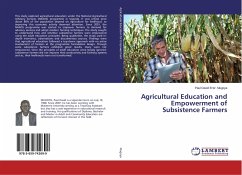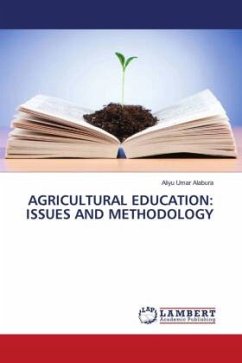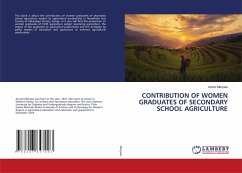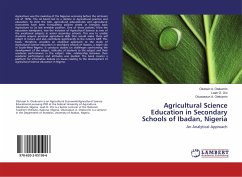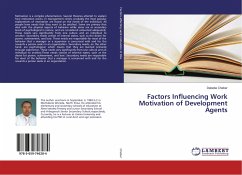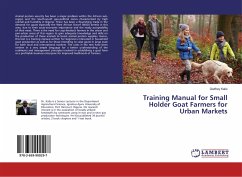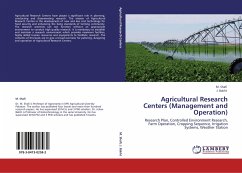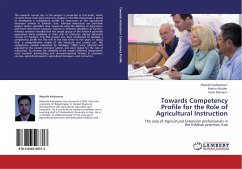This study explored agricultural education under the National Agricultural Advisory Services (NAADS) programme in Uganda. It was critical since about 80% of the population depend on agriculture for livelihood, so improving this economic activity deserved attention. Since 2001, the NAADS programme was started to empower farmers to demand for advisory services and adopt modern farming techniques. The study sought to understand how and whether subsistence farmers were empowered using the adult education principles. Being qualitative, the study used in-depth interviews, observations and documentary sources. Findings were that agricultural education followed a top-down approach with no active involvement of farmers at the programme formulation design. Though some subsistence farmers exhibited good results, many were not empowered. Since the principles of adult education were largely ignored, subsistence farmers did not improve their productivity and farming systems and so, their livelihoods were not transformed.
Bitte wählen Sie Ihr Anliegen aus.
Rechnungen
Retourenschein anfordern
Bestellstatus
Storno

